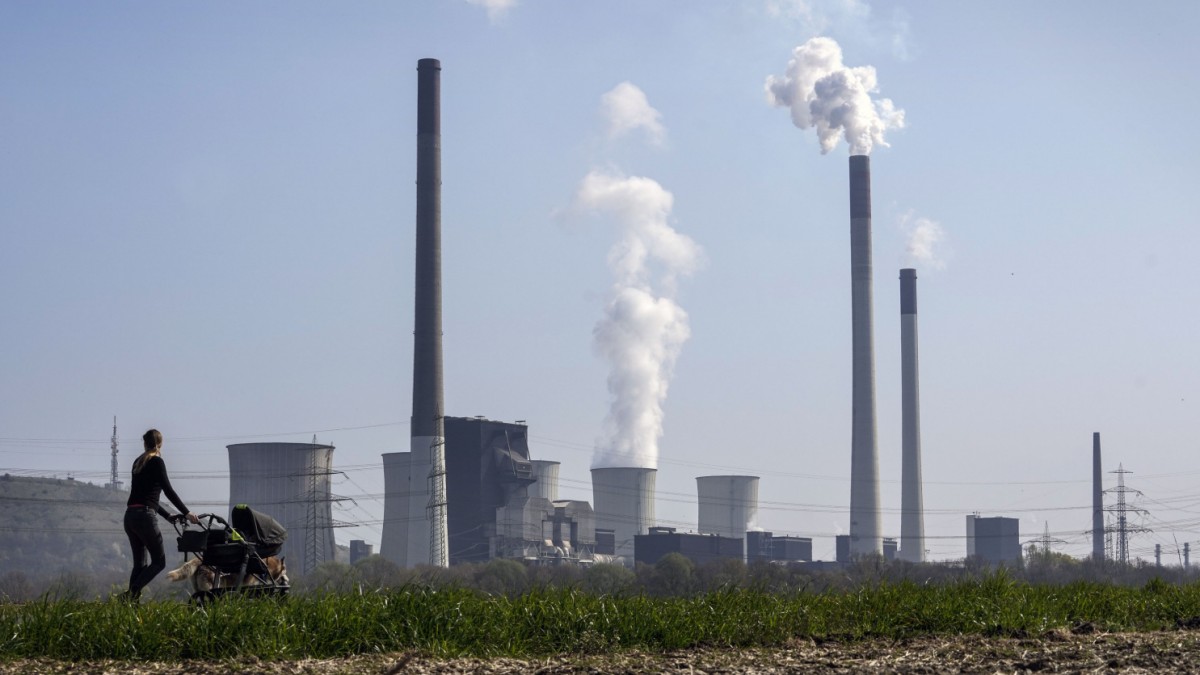When it became known three weeks ago that Russia would significantly reduce gas supplies through the Nord Stream pipeline, Klaus-Dieter Maubach sounded the alarm. “We are in an exceptional situation, the situation is tense,” warned the head of the energy supplier Uniper at a conference in Essen. Already you get so little gas from Russia as never before in the more than 50-year history – which has significant consequences.
The situation deteriorated quickly and so drastically that Uniper had to ask the state for help this Friday. An application for stabilization measures had been submitted to the federal government, the company said in a dry mandatory notification. Nothing is excluded. Uniper’s proposal aims for a “fair” distribution of costs and an increase in the credit line through the state development bank KfW. It was also possible for the federal government to invest billions in Uniper. Federal Minister of Economics Robert Habeck wants to prevent the ailing gas supplier from going bankrupt in any case. “We will not allow a systemically important company to go bankrupt and as a result cause turbulence in the global energy market,” said the Green politician on Friday.
In the pandemic, the federal government had invested billions in the airline Lufthansa and stabilized the tourism group Tui, the measures were controversial, but helped both companies out of the crisis. Most of the support has since been repaid. Most recently, it was said that the federal government could also help the gas trader Verbundnetz Gas (VNG) with a guarantee.
The listed company Uniper is majority-owned by the Finnish group Fortum. He explained that a restructuring of Uniper was being discussed with the federal government, through which business activities in Germany could be bundled and secured with the federal government. In German government circles it was said that Fortum wanted to transfer the loss-making German business and continue to run the rest of the group. Apparently there are doubts in the government about this solution. You have to look at it very carefully, they said. There is resistance, especially among the Greens, to joining a company that also operates a nuclear power plant.
Uniper is the largest foreign customer of the Russian Gazprom group. In fact, the company has long-term supply contracts with the Russians at fixed prices. But because Gazprom is currently delivering less, Uniper has to buy gas and compensate for the shortfalls at the sharply increased costs on the market. However, the company cannot pass on the costs to many customers. The result: the business model no longer works.
However, the group is considered systemically important. The company with around 11,500 employees is one of the largest power producers in Germany. With its gas storage facilities, it also plays an important role in securing Germany’s supply for the winter. Uniper, headquartered in Düsseldorf, was created in 2016 as a spin-off from Eon and also includes parts of the former Ruhrgas. External sales are given as 164 billion euros. The company name is an artificial term and is made up of the words “unique” and “performance”.
The company is “under extreme financial pressure”
What is unique now, however, is above all the desolate economic situation. “As Germany’s largest gas importer, Uniper is hardest hit by the cutback in Russian gas supplies and is therefore under extreme financial pressure,” explained majority shareholder Fortum. There are still no decisions about a possible solution. The talks are “constructive”. The Bundestag and Bundesrat had previously passed legal changes to facilitate federal aid for ailing energy companies such as Uniper.
The next few days will be decisive in the question of how dramatic the gas bottlenecks in Germany will be in the coming months. The important pipeline Nord Stream 1 will be serviced from Monday. From then on, no more gas flows through the tube. Actually a routine matter, but the federal government fears that Russia will not turn on the gas tap again after the end of the measures planned for ten days.
Because since mid-June, only 40 percent of the usual amount of gas has been flowing through the pipeline. Allegedly because Canadian sanctions are preventing the return of a Siemens turbine being serviced there. Siemens thinks that’s a pretext. In order to take away the pretext for the Kremlin, Germany tries to persuade Canada to deliver. There are positive signals, said government spokesman Steffen Hebestreit on Friday.
–


